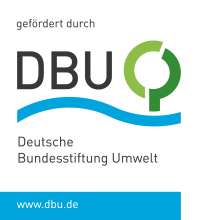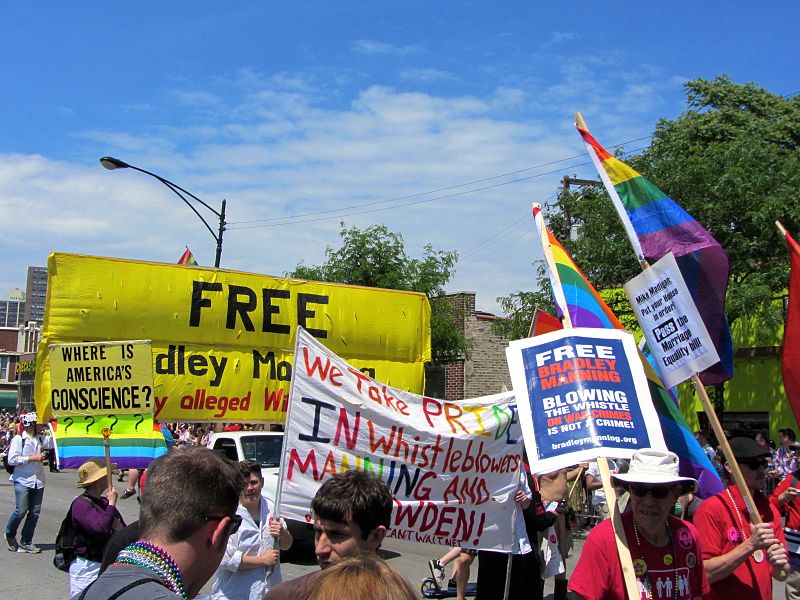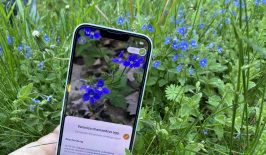As global awareness for the world’s environmental and social problems increases, so too does the amount of legislature, obligations and restrictions designed to influence and resolve these problems. For these measures to be successful, compliance of various actors – be it commercial, governmental or international – must be ensured. Often, compliance is based on a system of self-regulation and trust, but this cannot always be relied on. This is where whistleblowers come in.
Whistleblowers, often insiders within various organisations, have the powerful ability to let the public know what’s really going on behind the closed doors of government or the corporate veils of big business.
But whistleblowing is never easy, and those who reveal secrets can often expect hasty repercussions – even deadly ones. However, there is technology which can make whistleblowing safer and easier. Enter GlobaLeaks, a suite of digital online tools which provides flexible and secure gateways for journalists, individuals and NGOs to enable whistleblowing.
The project originated in 2010 with the Italy-based Hermes Center for Transparency and Digital Human Rights. Today, GlobaLeaks provides services in over 60 languages and has been used in thousands of projects across the globe.
At its core, GlobaLeaks provides web administration software that can allow for the easy creation of multiple whistleblowing websites. Ease of use and customisability is central to the concept, as a single approach may not be suitable for all situations in which whistleblowing can be helpful. These websites can then be used to establish communications with whistleblowers or the transfer of documents and multimedia.
But, perhaps most importantly of all, GlobaLeak’s aims to provide confidence for its users. The platform includes robust security and legal features, such as free encryption software, and does not keep records of IP addresses or leave traces in web browsers. When combined with anonymous browsing projects like the Tor Browser, whistleblowers are provided a safe environment when, or if, they choose to reveal their identity.
Currently, GlobaLeaks is being used by a range of actors in various fields. Investigative journalists have used the tool to create secure locations for conversations with sources and the easy transfer of documents. French newspaper Le Monde established its Source sûre platform in 2015 using GlobaLeaks, while the Europe-wide Investigate Europe project also uses GlobaLeaks software for communication and document transfer.
Elsewhere in Europe, it has been used for anti-corruption purposes, including by Transparency International. Over 700 bodies in the EU use GlobaLeaks software for anti-corruption monitoring, including the Italian National Authority for Anti-Corruption. GlobaLeaks is also leading two projects, WhistleblowingPA and Expanding Anonymous Tipping (EAT), which aims to expand its use even further.
However, its use is not limited to Europe. In Africa, the Platform to Protect Whistleblowers in Africa, similarly uses GlobaLeaks to create a portal for journalists and anti-corruption activists, as does the Prosecutors Office of the International Criminal Court in the Central African Republic.
Whistleblowing, Civic Tech and the Environment
Whistleblowing can potentially act as the first line of defence against unethical and illegal practices by corporations or governments, and Transparency International claims it is one of the most effective means to combat corruption. But it doesn’t end there. The ability for whistleblowers to act as surrogates for wider society means they can respond to the current concerns of that society, whether it is climate change, nuclear proliferation or human rights abuses. However, whistleblowers are still relatively few and far between – likely due to the backlash they often receive.
Whistleblowers can certainly expect to lose their jobs, may face criminal prosecution and in some extreme cases, face violence and even death. As recently as August 2021, a South African former health authority official was gunned down in front of her home for revealing fraudulent coronavirus contracts.
Some governments have introduced legislation, such as the UK’s Public Interest Disclosure Act, which provides protections for whistleblowers, but these are usually limited to employment matters. Meanwhile, numerous ‘Official Secret Acts’ and other legislation, still make whistleblowing essentially illegal at the governmental level.
Civic technology has the opportunity to reinforce and support whistleblowing networks. By creating a direct link between the whistleblowers and the public who benefit from their revelations, whistleblowers can work with greater confidence and safety.
The emergence of digital civic technologies also creates a more direct link between different communities. One of the biggest challenges facing smaller communities is their inability to compete with the resources and influence of larger organisations, which can easily intimidate potential whistleblowers. By networking such communities together within civic technology networks, resources can be pooled and support given. In some cases, international pressure can be brought to bear on even smaller local infractions, or in support of imprisoned whistleblowers.
Environmental initiatives have the potential to benefit greatly from whistleblowing projects. Increasingly nations and corporations are either announcing their own climate goals, or signing up to international conferences which aim to limit climate damage. As the deadlines for results close, the misreporting of results becomes more likely. In these scenarios, whistleblowers can act as the first line in transparency.
Other civic technology solutions can also be linked with whistleblowing to support these efforts. For example, the use of cheap environmental sensors can turn citizens even unaffiliated with governments or corporations into potential whistleblowers and amateur investigative environmental journalists. Citizen science initiatives can also provide research manpower to smaller projects taking on the big big guys in government or business. Open source resources also provide additional tools free of charge and backed up by active communities of volunteers. All of this combined, means whistleblowers no longer need to feel isolated and alone, while grassroots campaigns can now be equipped to take larger environmental issues.
This is all important in the modern age. As the world becomes increasingly interconnected, so too does the impact of unsustainable or unethical business and governmental practices. Civic technologies, such as GlobaLeaks, provides the tools to create solutions as broad and as far-stretching as the problems they seek to solve.
This article is part of our Special Feature “Civic Tech – Ways Out of the Climate Crisis with Digital Civic Engagement”. You can find all articles of the Special Feature here: Special Feature Civic Tech

The Special Feature is part of the project funding of the German Federal Environmental Foundation (Deutsche Bundesstiftung Umwelt – DBU), in the framework of which we are producing four special features over two years on the topic of “Opportunities and potentials of digitalisation for sustainable development”.
More information here.









